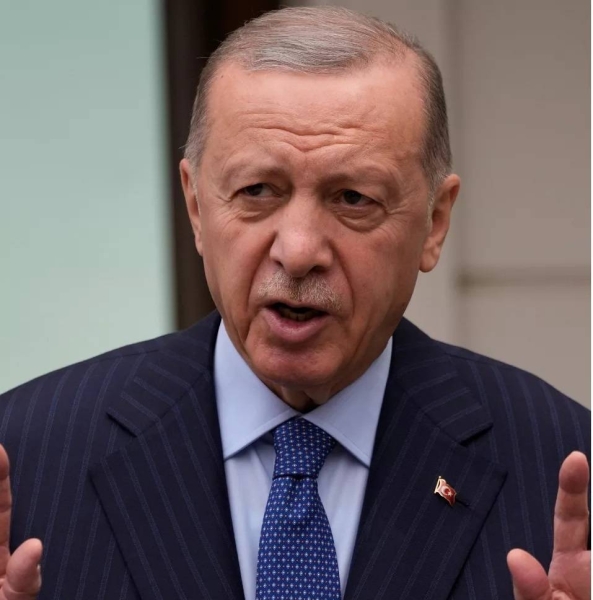The 68th Eurovision Song Contest took place last weekend, and Swiss singer Nemo emerged as the winner with their song ‘The Code’. Nemo’s operatic vocal melodies and impressive performance on a rotating platform captivated the audience and earned them the majority of the jury vote. In addition to their musical talent, Nemo also made history as the first non-binary contestant to win the contest, marking a significant moment for LGBTQ+ inclusion in the event.
Despite the celebrations surrounding Nemo’s victory, Turkish President Erdoğan had a different reaction to the win. In a speech after a cabinet meeting, Erdoğan criticized the Eurovision participants as “Trojan horses of social corruption”. He also defended Türkiye’s decision to stay out of the contest since 2012, citing concerns over the event’s representation and values. Erdoğan’s ruling Justice and Development Party has become less tolerant of LGBTQ+ rights in recent years, aligning with his disapproval of the Eurovision competition.
Erdoğan also expressed concern over Türkiye’s declining birth rates, referring to it as an “existential threat” and a “disaster” for the country. The State Statistical Institute recently announced that the country’s birth rate had dropped to 1.51 children per woman in 2023, prompting Erdoğan to urge families to have more children. This stance on birth rates aligns with his government’s emphasis on traditional family values and population growth as a key priority for the country’s future.
The Turkish leader’s comments reflect a broader trend of conservative values and policies in Türkiye, particularly regarding LGBTQ+ rights and social issues. Erdoğan’s government has faced criticism for its crackdown on freedom of speech and press, with journalists being targeted for questioning the authorities. This restrictive environment has led to concerns over human rights and civil liberties in the country, as Erdoğan continues to assert control over various aspects of society.
Despite Erdoğan’s criticisms of the Eurovision Song Contest and his emphasis on traditional values, the event remains a platform for celebrating diversity and inclusion. Nemo’s historic win as a non-binary contestant highlights the importance of representation and acceptance in the music industry. As the world continues to grapple with social and political challenges, events like Eurovision serve as a reminder of the power of music to unite people and amplify diverse voices.
Overall, Nemo’s victory at Eurovision and Erdoğan’s response to it underscore the ongoing tensions between progressive values and conservative ideals in today’s society. As the debate over LGBTQ+ rights, birth rates, and cultural expression continues, it’s clear that music and art will play a crucial role in shaping the future of our world. Whether it’s through groundbreaking performances like Nemo’s or political speeches like Erdoğan’s, the conversation around social issues and inclusion will continue to evolve in the years to come.











